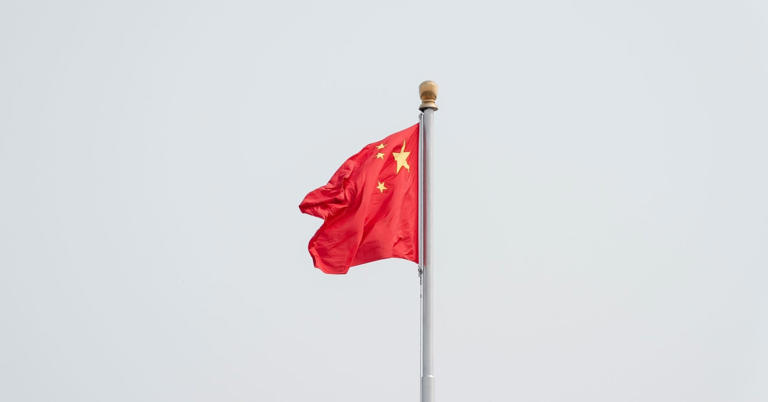The upcoming Third Plenum of the Communist Party of China, scheduled from July 15-18, is a highly anticipated event that holds significant implications for China’s economic future and global economic dynamics. Occurring once every five years, this gathering of the top echelons of the ruling Communist Party is crucial for setting the country’s policy direction and addressing pressing challenges.
Originally expected last fall but postponed, this year’s Third Plenum comes at a critical juncture for China’s economy. One of the central issues to be addressed is the urgent need for fiscal reform. Larry Hu, chief China economist at Macquarie, has underscored the necessity of finding alternatives to the current fiscal system heavily reliant on land sales. With the real estate market facing substantial downturns and plummeting values, Beijing must seek sustainable revenue sources and mechanisms that can withstand economic fluctuations.
In addition to fiscal reform, the plenum is expected to tackle other structural challenges. High levels of local government debt remain a concern, necessitating policies that can manage and reduce these burdens effectively. Furthermore, there is a concerted push towards advancing China’s manufacturing capabilities, particularly in high-tech industries. This aligns with Beijing’s broader strategy to bolster innovation and technological prowess as key drivers of economic growth.
Historically, the Third Plenum has been a platform for transformative economic policies. Dating back to Deng Xiaoping’s leadership in 1978, these meetings have heralded pivotal reforms such as China’s embrace of market-oriented reforms and opening up to foreign investment. In 2024, amid global economic uncertainties exacerbated by the Covid-19 pandemic and geopolitical tensions, China seeks to reaffirm its commitment to economic stability and sustainable growth.
Dan Wang, chief economist at Hang Seng Bank (China), anticipates discussions at the plenum will also focus on financial sector reforms. This includes potential consolidations within the banking sector to enhance efficiency and manage financial risks more effectively. Moreover, policies addressing local government finances and tax reforms are likely to be on the agenda to ensure fiscal sustainability across different regions of China.
Beyond economic policies, the Third Plenum aims to advance China’s vision of achieving “socialist modernization” by 2035. This ambitious goal includes raising per capita GDP to levels comparable with moderately developed countries, expanding the middle-income population, and reducing income disparities. These targets underscore China’s long-term commitment to improving living standards and economic resilience.
Against the backdrop of heightened regulatory scrutiny in sectors like finance and technology, China continues to navigate the delicate balance between fostering innovation and maintaining financial stability. Recent regulatory measures have tightened oversight over financial practices and tech giants, reflecting Beijing’s cautious approach to managing systemic risks while encouraging sustainable growth.
As global markets and stakeholders watch closely, the outcomes of the Third Plenum will undoubtedly shape China’s economic policies and its role in the global economy. The decisions made at this critical juncture will not only impact China’s domestic trajectory but also influence international perceptions and strategies in response to China’s evolving economic landscape.
